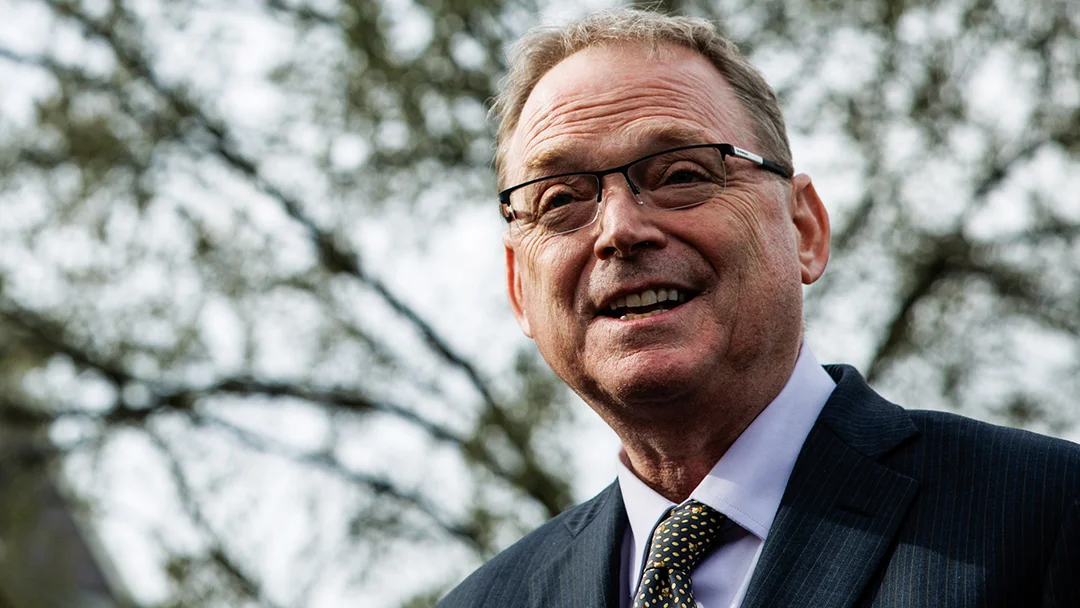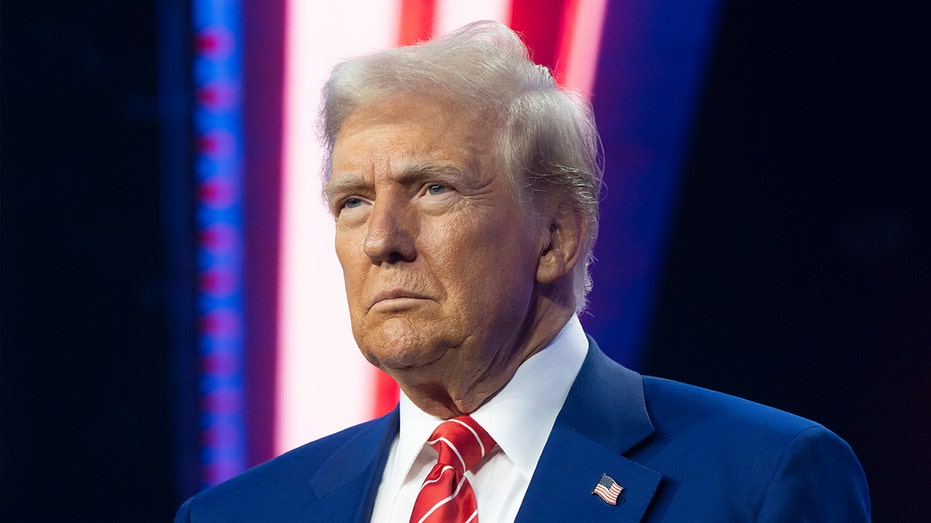
Tariff Turbulence: White House Proclaims Economic Strength as Markets Reel, Critics Demand Answers
The White House is touting “astonishing” progress on international tariff negotiations, even as market volatility, political skepticism, and public debate intensify around President Donald Trump’s sweeping trade policies. At stake is not only the direction of U.S. economic policy but also the confidence of investors and consumers nationwide.
On Monday, Kevin Hassett, Director of the National Economic Council, insisted the U.S. economy faces “100% not” a recession in 2025. Speaking outside the White House and during a Fox Business interview, Hassett revealed that more than ten countries had brought forward “amazing” trade deal offers following Trump’s controversial tariff escalations. “It’s like the president will decide when he’s satisfied with a deal and when he wants to announce it and how many all at once, but I can tell you the progress has been astonishing,” Hassett emphasized on-air.

But Wall Street’s response has been anything but uniform. Indices rallied sharply after Trump abruptly downgraded his reciprocal tariffs—from sweeping rates on dozens of countries to a 10% flat rate for 90 days, prompting a market surge after days of losses. Yet controversy has emerged: Democrats highlight a spike in options trading and Trump’s social media call—"THIS IS A GREAT TIME TO BUY!!!"—just before the tariff pause announcement. Senator Cory Booker has called for congressional hearings, while both House and Senate Democrats urged the Securities and Exchange Commission (SEC) to investigate possible market manipulation or insider trading by White House officials.

Hassett categorically denied any wrongdoing, stating, “There was no insider trading at the White House.” Nevertheless, he acknowledged that large market shifts will trigger formal investigations. “When there are big movements in markets, then there are people around town that investigate and make sure that nothing funny was happening... But I'm sure it's not anything to do with the White House.”
Meanwhile, a survey released Monday showed that 62% of American CEOs now foresee a recession or downturn within six months—a sharp contrast to Hassett’s confidence. Hedge fund titan Ray Dalio warned on NBC’s “Meet the Press” that the economic uncertainty generated by tariffs could result in “something worse than a recession.” Even as new job data remain strong, and CEOs ostensibly report robust business activity, indicators such as approval ratings show Trump facing mounting unease at home and increasing friction with global partners.
Among other ripple effects, airline and retail sectors reported shocks in bookings and buying patterns; Apple stock soared after certain electronics were temporarily exempted from tariffs. Xi Jinping, meanwhile, fired back, saying “Protectionism Will Lead Nowhere,” underscoring the international stakes of U.S. policy shifts.
The White House’s pivot from bullish proclamations to piecemeal tariff adjustments has deepened both economic and political uncertainty. As negotiations continue, will the administration’s optimism align with longer-term macroeconomic realities—or will the critics’ prediction of more turbulence come true?
What’s your take on the current U.S. trade strategy? Share your perspective in the comments below.